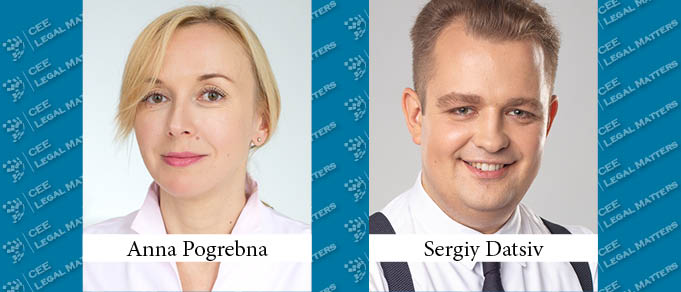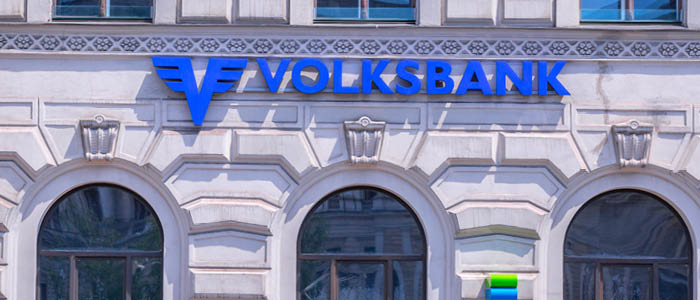In response to the COVID-19 outbreak, the Hungarian government launched Government Decree 47/2020 (III. 18.), introducing a moratorium on the payment of principal, interest, and fees arising from facility, loan, and financial lease contracts until December 31, 2020. This moratorium, which we will call the “2020 Payment Moratorium,” was automatically available to both natural person and business entity borrowers, although they could opt out of if they wished.
Ukraine Changes Its Financial Monitoring Rules
On April 28, 2020, Ukraine’s “On Prevention and Counteraction the Legalization (Laundering) of Proceeds from Crime, Financing Terrorism and Financing the Proliferation of Weapons of Mass Destruction” Law (the “AML Law”), which replicates the recommendations of the Financial Action Task Force and implements provisions of 4th Anti-Money Laundering Directive ((EU) 2015/849), came into force.
Legal Regulation of Cryptocurrencies in Belarus
In 2018, Decree of the President of Belarus No. 8 “On Development of Digital Economy” entered into force, which, inter alia, legally recognized cryptocurrencies in Belarus. In this article we briefly summarize the main aspects of the Belarusian regulatory framework for cryptocurrencies, along with significant risks and perspectives.
Estonia: Change to Success
Despite the shocking and unanticipated effects of the first pandemic wave in spring 2020, the focus has shifted, now that the second wave is rolling in, from supporting affected individuals with state salary supplements and banking-sector-provided grace periods to the necessity for a more holistic view in order to help affected industries survive.
Latvia: Navigating the Jungle – Anti-Money Laundering and Sanctions Compliance
In February, 2020, the Latvian authorities breathed a sigh of relief after the Financial Action Task Force voted against adding Latvia to the so-called “grey list” of jurisdictions with strategic anti-money laundering deficiencies. Prior to that, MONEYVAL, the permanent monitoring body of the Council of Europe entrusted with the task of assessing compliance with the principal international standards to counter money laundering, found that Latvian financial institutions had failed to introduce sufficient methods to identify suspicious funds primarily associated with clients from the former Soviet bloc countries.
Lithuania: Is the EU’s New Crowdfunding Regulation an Opportunity for Lithuania?
On the 5th of October, the new regulation of the European Parliament and of the Council on European crowdfunding service providers for business was approved. Although crowdfunding activities are already regulated in Lithuania by national laws, this new regulation represents a real opportunity for Lithuania and Lithuanian crowdfunding service providers.
Turkey: New Instruments in Debt Capital Markets – Secured Debt Instruments and The Security Agent
2020 was a busy year for the legislator in relation to the Turkish Capital Markets. An amendment made in the Turkish Capital Markets Law (CML) at the beginning of 2020 introduced several elements, including a Security Agent, into Turkish law. And then the pandemic hit, making the trust factor in regard to assets even more crucial than it was before. In times of uncertainty, the Security Agent may be invited to play a greater role.
































